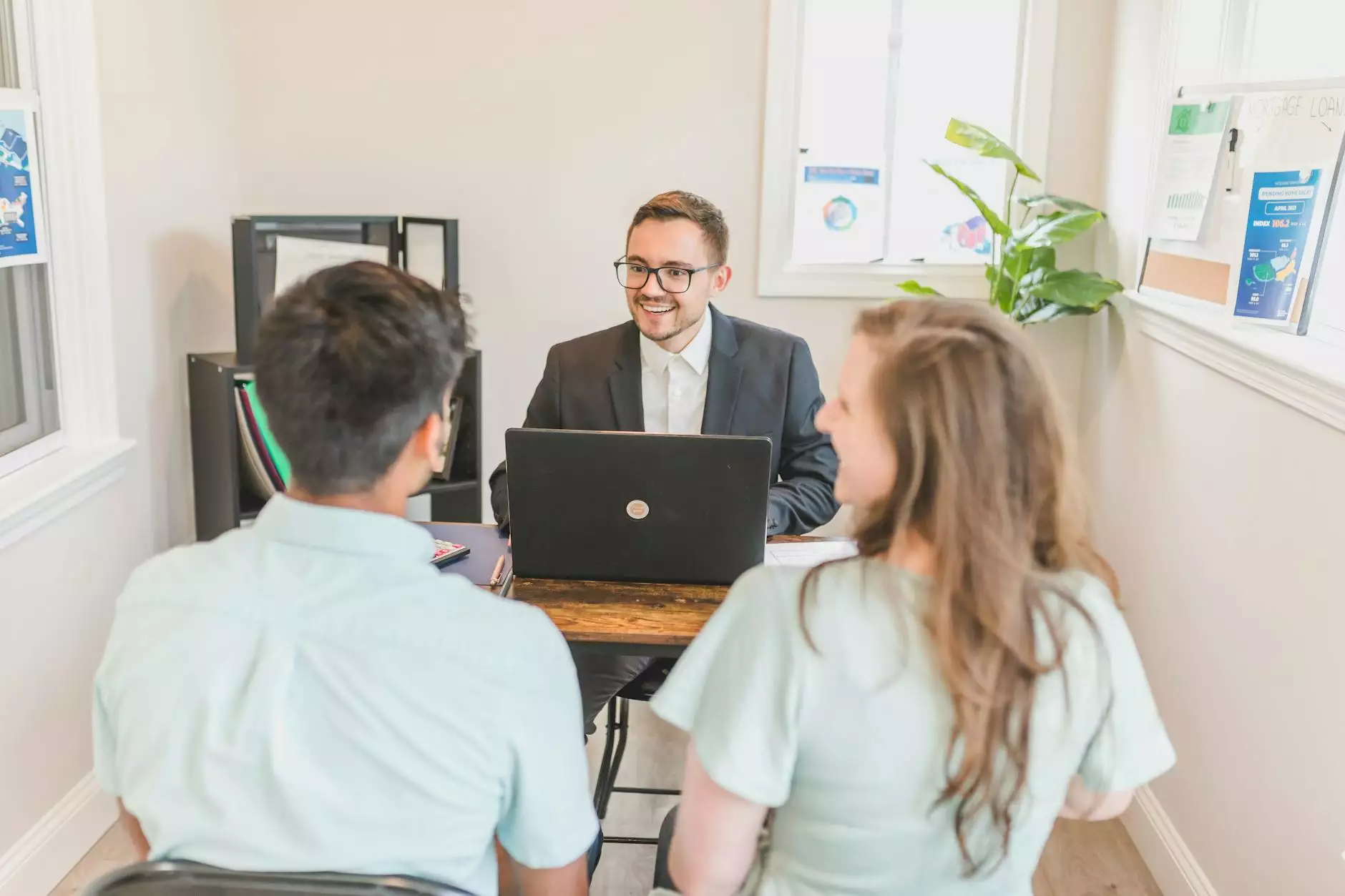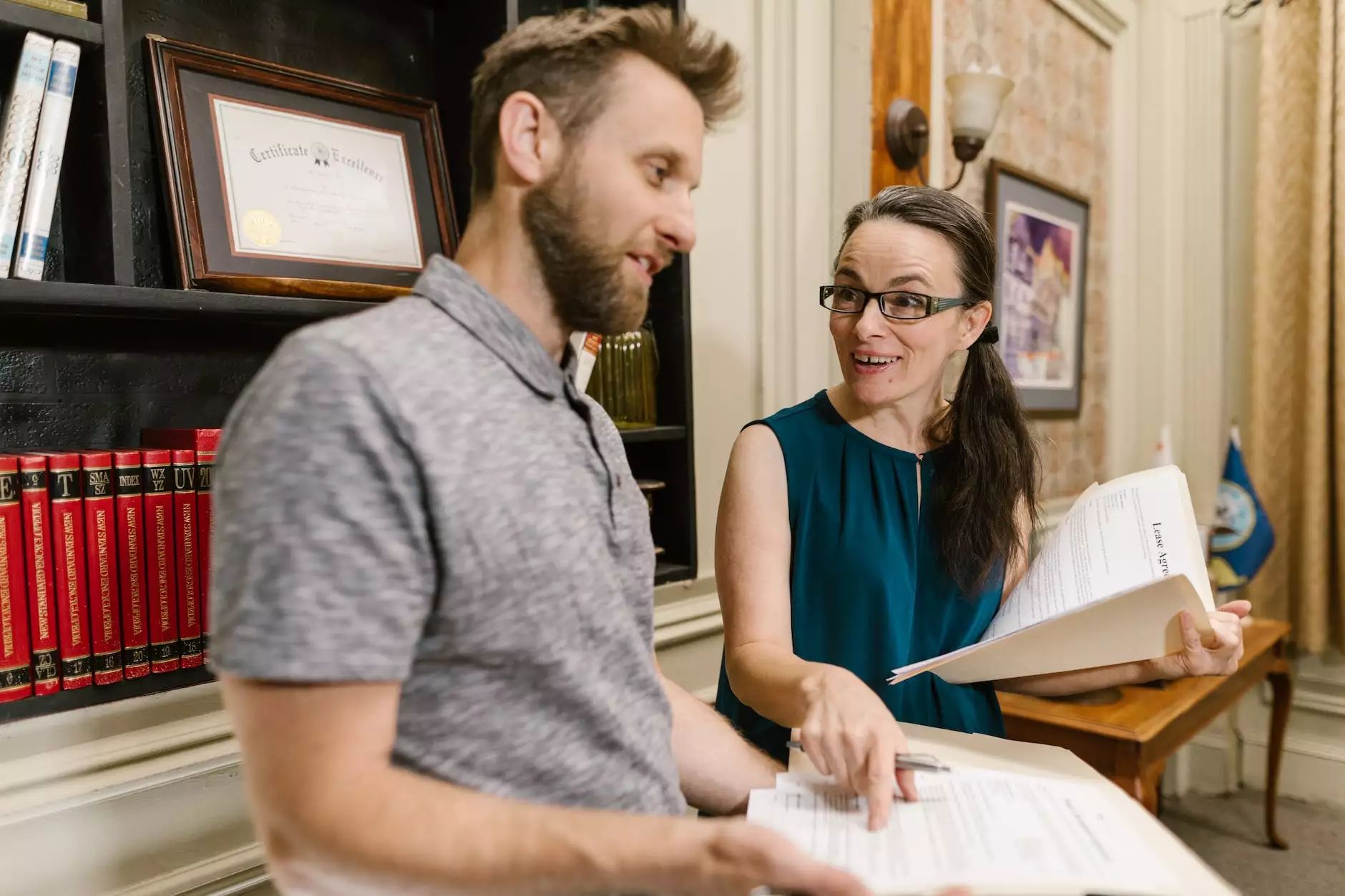Mortgagee in Possession - Practical Law
Property
Understanding Mortgagee in Possession
A mortgagee in possession refers to a situation in which a lender, usually a bank, gains legal possession of a property due to default on mortgage payments by the borrower, also known as the mortgagor. This legal process enables the lender to assume control over the property, safeguarding their financial interest until the outstanding debt is settled or the property is sold.
Implications and Responsibilities of a Mortgagee in Possession
When a mortgagee becomes the legal possessor of a property, they are bound by certain responsibilities and obligations. These responsibilities include:
- 1. Property Maintenance: One of the primary obligations of a mortgagee in possession is to maintain the property in good condition. This ensures that the property retains its value and can be sold at a fair market price.
- 2. Insurance Coverage: The mortgagee needs to secure appropriate insurance coverage for the property against any potential risks, such as fire, natural disasters, or theft. Adequate insurance safeguards the lender's financial interests.
- 3. Rental Management: In cases where the property is occupied by tenants, the mortgagee in possession must effectively manage the tenancy. This involves collecting rent, addressing tenant concerns, and ensuring compliance with relevant laws and regulations.
- 4. Financial Accountability: The mortgagee has a duty to maintain accurate financial records related to the property, including expenses incurred for its maintenance and any rental income received during the possession period.
Legal Considerations and Disposal of Property
While the mortgagee in possession has control over the property, they must act within the boundaries of the law. It is crucial to be aware of the legal considerations involved:
- 1. Fiduciary Duty: As a mortgagee in possession, there is a fiduciary duty owed to the mortgagor. This means acting in the best interest of the mortgagor, such as seeking to obtain the best possible price if the property is sold.
- 2. Consent for Sale: In some jurisdictions, the mortgagee may require consent from the court or the mortgagor to sell the property. The sale proceeds are typically used to settle the outstanding debt.
- 3. Redemption Rights: Depending on the jurisdiction and the terms of the mortgage agreement, the mortgagor may have the right to redeem the property by repaying the outstanding debt and associated costs, thus regaining possession.
- 4. Public Auction: In certain situations, the property may be sold through a public auction to recover the outstanding debt. The mortgagee must comply with applicable laws and regulations governing such auctions.
Seek Expert Legal Guidance
Dealing with matters related to mortgagee in possession can be complex and legally intricate. Having a knowledgeable attorney by your side is crucial for navigating potential challenges and ensuring compliance with relevant laws. Denaro Anthony D Atty specializes in Law and Government - Legal and offers expert guidance in all matters pertaining to mortgagee in possession and related legal proceedings.




